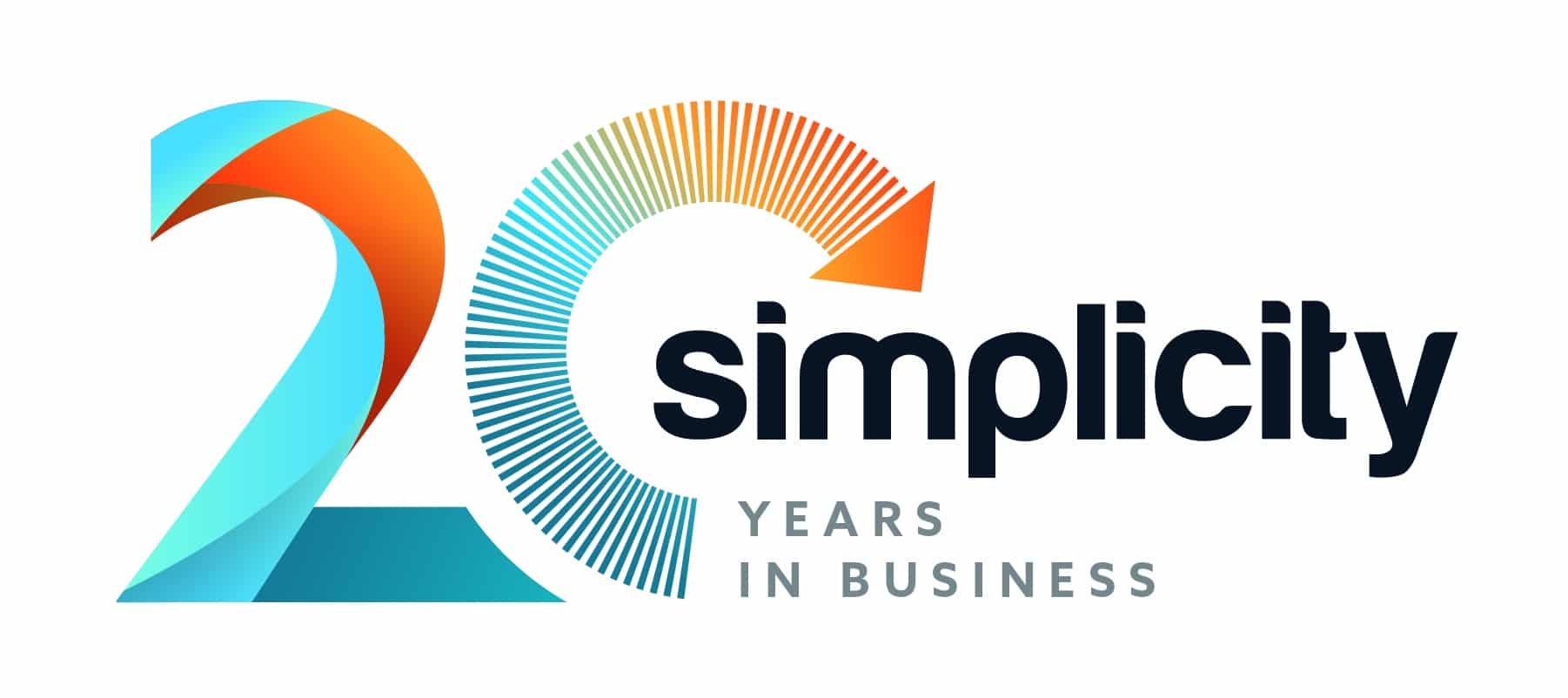Recruiters throughout the UK have had a challenging few months as they continue to adapt to the pandemic’s ever-changing conditions.
Lockdown restrictions were eased more in May, resulting in increased demand for workers. However, recent figures reveal, although the need for workers has increased rapidly, the supply of skilled applicants is shrinking. Furthermore, conventional working procedures have shifted due to the essential digitalisation with higher candidates’ expectations and the want for companies to support the new hybrid working style.
So, how can recruiters and businesses collaborate to meet talent demands and maintain acceptable levels of employee retention amid a shrinking talent pool? When it comes to sourcing talent, it appears that a shift in strategy is required.
The latest figures
The most recent figures from Reed and the ‘UK Report on Jobs’ by KPMG & REC show how the recent lockdown developments and the continued reopening of the UK economy have influenced recruiting.
“Permanent placements are growing at the fastest pace we’ve ever seen, and temp billings at the quickest for six years”, said Kate Shoesmith, Deputy CEO of the REC. “With the highest pace of increase in worker demand in over 23 years.”
However, although this is excellent news for job applicants, it poses significant problems for businesses wanting to employ. The surge in demand throws the UK’s already-existing labour and skills shortages into greater focus.
Companies and recruiters must now choose top talent from a rapidly decreasing pool, with candidate availability dropping at a rapid pace. Furthermore, both beginning salary and temp compensation are rapidly increasing. As a result, companies are under more significant pressure to meet applicants’ increasing expectations. Primarily due to a growing demand for flexibility and a more hybrid approach to working.
Seeking Candidates
With the talent and candidates being so sparse, businesses need to snap up the best candidates quickly. Companies and recruiters must change their strategies. Finding fresh talent by targeting passive prospects as the industry shifts from a client-driven to a candidate-driven market.
In a highly competitive job market, top talent will rarely fall into your lap. However, even if someone isn’t actively seeking work, it doesn’t imply they aren’t interested in learning about new opportunities. As a result, it’s critical to look for currently employed individuals and reach out to them to gauge their interest in open opportunities.
Rather than waiting for prospects to come to you, sourcing passive candidates have consistently resulted in high recruiting success rates, with passive candidates proving to be more than twice as efficient as independent applications.
Recruiters and businesses must make the most of the digital tools available to them. Along with their professional network for this approach to be successful. Social media, for example, like LinkedIn, are perfect for ‘headhunting’ competent and high-level personnel.
Employers need to stand out.
The job market is more competitive than it has ever been. And, in an environment when candidates and their demands are increasingly driving the market, it is the employer who must stand out and wow.
Pay packets and training programmes are not the only things that candidates expect from prospective employers. Due to recent occurrences, candidates believe that working from home and flexibility should be a benefit given. In fact, according to a recent survey, 34% of UK workers indicated they would leave their present job if their company did not provide flexible working options.
Having good employee retention is more important than ever. Especially when we are in a climate where unsatisfied employees may be approached or seek alternative employment. In addition, flexible working arrangements may boost productivity and job happiness, making employees more inclined to stay with a company.
Maintaining new hires requires a good onboarding process. As a result, businesses must optimise their onboarding procedures. Adapting them to an increasingly digital and remote working environment. In addition, maintaining a constant stream of contact between organisations, recruiters, and applicants is essential. Digital platforms should be used in conjunction with conventional recruitment techniques to Simplify applicant selection and provide a seamless onboarding experience.
Read our previous blog here: Positive employment experience despite the disruption.



